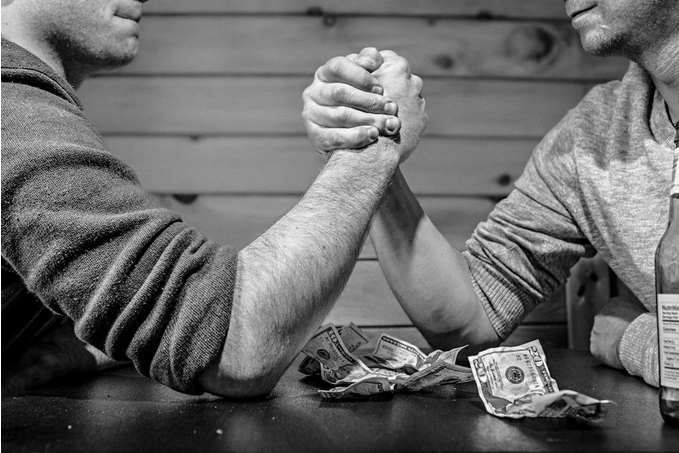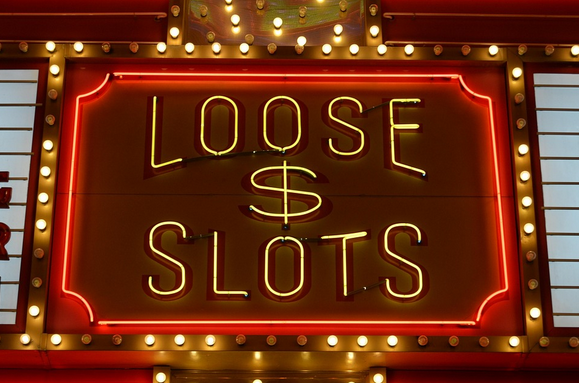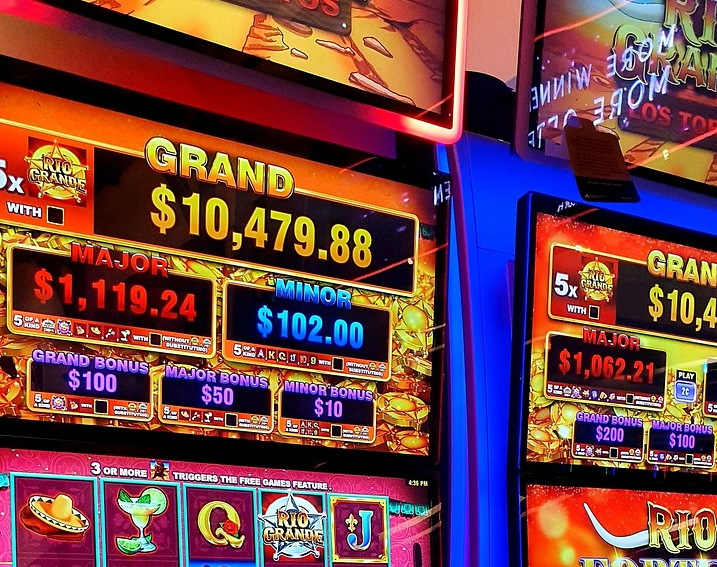
Live betting has reshaped how fans interact with sports, turning passive watching into active decision-making. Instead of waiting for final results, bettors now respond to shifting momentum, player substitutions, and sudden tactical changes as events unfold. This style of wagering blends speed, data, and emotion, creating a closer link between the match on screen and the bet being placed. Platforms that support this format prioritize smooth interfaces, quick updates, and real-time markets, which explains the growing interest around options like the good slots apk within India’s expanding online betting scene. As live betting continues to gain traction, it is changing expectations around control, engagement, and how bettors experience sports from start to finish.
Real-Time Decision Making
Traditional pre-match betting relies heavily on predictions made before kickoff. Live betting shifts that approach by allowing wagers during the action. A red card, injury, or sudden goal can immediately change odds, giving bettors the chance to react instead of waiting helplessly. This immediacy creates tension and excitement that mirrors the pace of the game itself. Every moment matters, and each decision feels connected to what is happening on the field, court, or pitch.
Better Use of Match Momentum

Sports rarely follow a fixed script. Teams dominate, lose control, then recover again. Live betting lets users respond to these swings instead of being locked into early assumptions. If an underdog starts pressing hard or a favorite looks unsettled, bettors can adjust their positions instantly. This flexibility rewards close observation and a deeper understanding of how games flow, making the betting process feel more interactive and informed.
Stronger Connection Between Fans and Sports
With live betting, fans often watch matches more closely than before. Small details like substitutions, formation changes, or weather conditions suddenly carry betting significance. This deeper attention can heighten appreciation for strategy and performance. For many, betting becomes less about luck and more about reading the game in real time, which strengthens the bond between the sport and the viewer.
Wider Variety of Betting Markets

Live betting has expanded the types of wagers available during a match. Beyond simple win-or-lose options, bettors can place bets on the next goal, total points, corner kicks, or short-term outcomes tied to specific moments. This variety keeps the experience fresh throughout the event. Rather than placing one bet and waiting, users can explore multiple angles as the match progresses, extending engagement well beyond kickoff.
Technology Use for Raised Expectations
Live betting would not exist without fast data delivery, stable platforms, and instant updates. Modern betting sites invest heavily in these systems to keep odds current and markets responsive. As a result, users now expect quick loading, accurate information, and smooth transactions as standard features. Platforms that meet these expectations stand out, while slower systems struggle to keep user interest in a format where seconds matter.Live betting has changed sports wagering by turning real-time action into real-time choice. It offers flexibility, deeper engagement, and a closer connection to the events unfolding on screen. By reacting to momentum, exploring diverse markets, and relying on fast technology, bettors experience sports in a more involved way than traditional formats allowed. As platforms continue to refine this approach and users adopt more responsible habits, live betting stands as a defining shift in how modern sports betting feels and functions.…























 Slots are purely chance-based, meaning each spin is independent of the previous one, and every result is determined by a random number generator (RNG). Probability in slot machines depends on the configuration of the reels and the payout structure. Let’s say a slot machine has 3 reels with 10 symbols on each. If you’re aiming to hit a specific symbol on all three reels, the probability of doing so would be 1 in 1,000 (10 x 10 x 10). The more complex the machine (with more reels and symbols), the longer your odds of hitting the jackpot.
Slots are purely chance-based, meaning each spin is independent of the previous one, and every result is determined by a random number generator (RNG). Probability in slot machines depends on the configuration of the reels and the payout structure. Let’s say a slot machine has 3 reels with 10 symbols on each. If you’re aiming to hit a specific symbol on all three reels, the probability of doing so would be 1 in 1,000 (10 x 10 x 10). The more complex the machine (with more reels and symbols), the longer your odds of hitting the jackpot.


 One of the highlights of any casino experience is the opportunity to enjoy live entertainment and performances. Many casinos feature state-of-the-art theaters and performance venues where guests can catch concerts, comedy shows, magic acts, and theatrical productions by world-class performers. Whether it’s a legendary musician, a stand-up comedian, or a mesmerizing illusionist, live shows add an additional element of excitement and glamour to the casino atmosphere, providing guests with unforgettable entertainment experiences.
One of the highlights of any casino experience is the opportunity to enjoy live entertainment and performances. Many casinos feature state-of-the-art theaters and performance venues where guests can catch concerts, comedy shows, magic acts, and theatrical productions by world-class performers. Whether it’s a legendary musician, a stand-up comedian, or a mesmerizing illusionist, live shows add an additional element of excitement and glamour to the casino atmosphere, providing guests with unforgettable entertainment experiences. Casinos often feature upscale shopping arcades and boutiques where guests can indulge in a spot of retail therapy between gaming sessions. From designer fashion brands and luxury jewelry stores to boutique shops and specialty retailers, casinos offer a diverse array of shopping options to cater to every taste and style. Whether you’re looking for the latest fashion trends, unique souvenirs, or exclusive gifts, the casino’s retail offerings provide the perfect opportunity to indulge in some high-end shopping.
Casinos often feature upscale shopping arcades and boutiques where guests can indulge in a spot of retail therapy between gaming sessions. From designer fashion brands and luxury jewelry stores to boutique shops and specialty retailers, casinos offer a diverse array of shopping options to cater to every taste and style. Whether you’re looking for the latest fashion trends, unique souvenirs, or exclusive gifts, the casino’s retail offerings provide the perfect opportunity to indulge in some high-end shopping.






 Step into a winter wonderland with Christmas-themed slots that will transport you straight to the beauty of the North Pole. These delightful games are filled with all things festive, from Santa Claus and his sleigh to jolly elves and sparkling snowflakes. With each spin of the reels, you’ll be immersed in a world of holiday joy. One popular Christmas slot is “Santa’s Workshop,” where you can help Santa prepare for the big day by spinning symbols like presents, candy canes, and reindeer. Another crowd favorite is “Jingle Bells Joyride,” which features cheerful music and bright lights as you chase after those elusive bonus rounds.
Step into a winter wonderland with Christmas-themed slots that will transport you straight to the beauty of the North Pole. These delightful games are filled with all things festive, from Santa Claus and his sleigh to jolly elves and sparkling snowflakes. With each spin of the reels, you’ll be immersed in a world of holiday joy. One popular Christmas slot is “Santa’s Workshop,” where you can help Santa prepare for the big day by spinning symbols like presents, candy canes, and reindeer. Another crowd favorite is “Jingle Bells Joyride,” which features cheerful music and bright lights as you chase after those elusive bonus rounds. What makes Christmas-themed casino games so exciting are the special
What makes Christmas-themed casino games so exciting are the special 
 The first step to overcoming your gambling addiction is to identify your triggers. What are the things that trigger your urge to gamble? Is it boredom? Stress? Depression? Once you know your triggers, you can start to work on avoiding them or finding healthy coping mechanisms for dealing with them.
The first step to overcoming your gambling addiction is to identify your triggers. What are the things that trigger your urge to gamble? Is it boredom? Stress? Depression? Once you know your triggers, you can start to work on avoiding them or finding healthy coping mechanisms for dealing with them.





